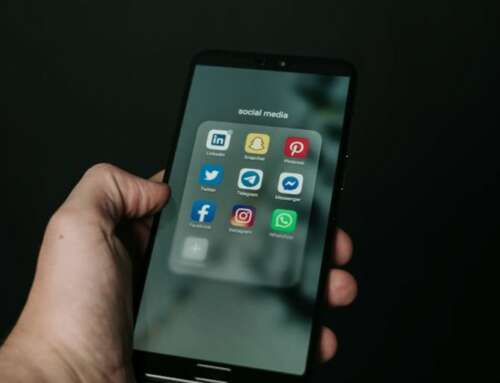It was the big tech equivalent of “drink responsibly” or the gambling industry’s “safer play”; the latest milestone in Silicon Valley’s year of apology. Earlier this month, Facebook and Instagram announced new tools for users to set time limits on their platforms, and a dashboard to monitor one’s daily use, following Google’s introduction of Digital Well Being features.
In doing so the companies seemed to suggest that spending time on the internet is not a desirable, healthy habit, but a pleasurable vice: one that if left uncontrolled may slip into unappealing addiction.
Having secured our attention more completely than ever dreamed, they now are carefully admitting it’s time to give some of it back, so we can meet our children’s eyes unfiltered by Clarendon or Lark; go see a movie in a theater; or contra Apple’s ad for its watch, even go surfing without — heaven forfend — “checking in.”
“The liberation of human attention may be the defining moral and political struggle of our time,” writes James Williams, a technologist turned philosopher and the author of a new book, “Stand Out of Our Light.”
Mr. Williams, 36, should know. During a decade-long tenure at Google, he worked on search advertising, helping perfect a powerful, data-driven advertising model. Gradually, he began to feel that his life story as he knew it was coming unglued, “as though the floor was crumbling under my feet,” he writes.
Increasingly public incidents of attention failure, like Pablo Sandoval, when he was the third baseman for the Red Sox, getting busted checking Instagram in the middle of a game (and getting suspended), or Patti LuPone taking away an audience member’s phone, both in 2015, would likely come as no surprise to him.
Mr. Williams compares the current design of our technology to “an entire army of jets and tanks” aimed at capturing and keeping our attention. And the army is winning. We spend the day transfixed by our screens, thumb twitching in the subways and elevators, glancing at traffic lights.
We flaunt and then regret the habit of so-called second screening, when just one at a time isn’t enough, scrolling through our phones’ latest dispatches while watching TV, say.
One study, commissioned by Nokia, found that, as of 2013, we were checking our phones on average 150 times a day. But we touch our phones about 2,617 times, according to a separate 2016 study, conducted by Dscout, a research firm.
Apple has confirmed that users unlock their iPhones an average of 80 times per day. Screens have been inserted where no screens ever were before: over individual tables at McDonald’s; in dressing rooms when one is most exposed; on the backs of taxi seats. For only $12.99, one can purchase an iPhone holster for one’s baby stroller … or (shudder) two.
This is us: eyes glazed, mouth open, neck crooked, trapped in dopamine loops and filter bubbles. Our attention is sold to advertisers, along with our data, and handed back to us tattered and piecemeal.
You’ve Got Chaos
Mr. Williams, 36, was speaking on Skype from his home in Moscow, where his wife, who works for the United Nations, has been posted for the year.
Originally from Abilene, Tex., he had arrived to work at Google in what could still be called the early days, when the company, in its idealism, was resistant to the age-old advertising model. He left Google in 2013 to conduct doctoral research at Oxford on the philosophy and ethics of attention persuasion in design.
Mr. Williams is now concerned with overwired individuals losing their life purpose.
“In the same way that you pull out a phone to do something and you get distracted, and 30 minutes later you find that you’ve done 10 other things except the thing that you pulled out the phone to do — there’s fragmentation and distraction at that level,” he said. “But I felt like there’s something on a longer-term level that’s harder to keep in view: that longitudinal sense of what you’re about.”
He knew that among that his colleagues, he wasn’t the only one feeling this way. Speaking at a technology conference in Amsterdam last year, Mr. Williams asked the designers in the room, some 250 of them, “How many of you guys want to live in the world that you’re creating? In a world where technology is competing for our attention?”
“Not a single hand went up,” he said.
Mr. Williams is also far from the only example of a former soldier of big tech (to continue the army metaphor) now working to expose its cultural dangers.
– Casey Schwartz
Read more: Finding It Hard to Focus? Maybe It’s Not Your Fault
Image by Marvin Meyer from Unsplash







Leave A Comment